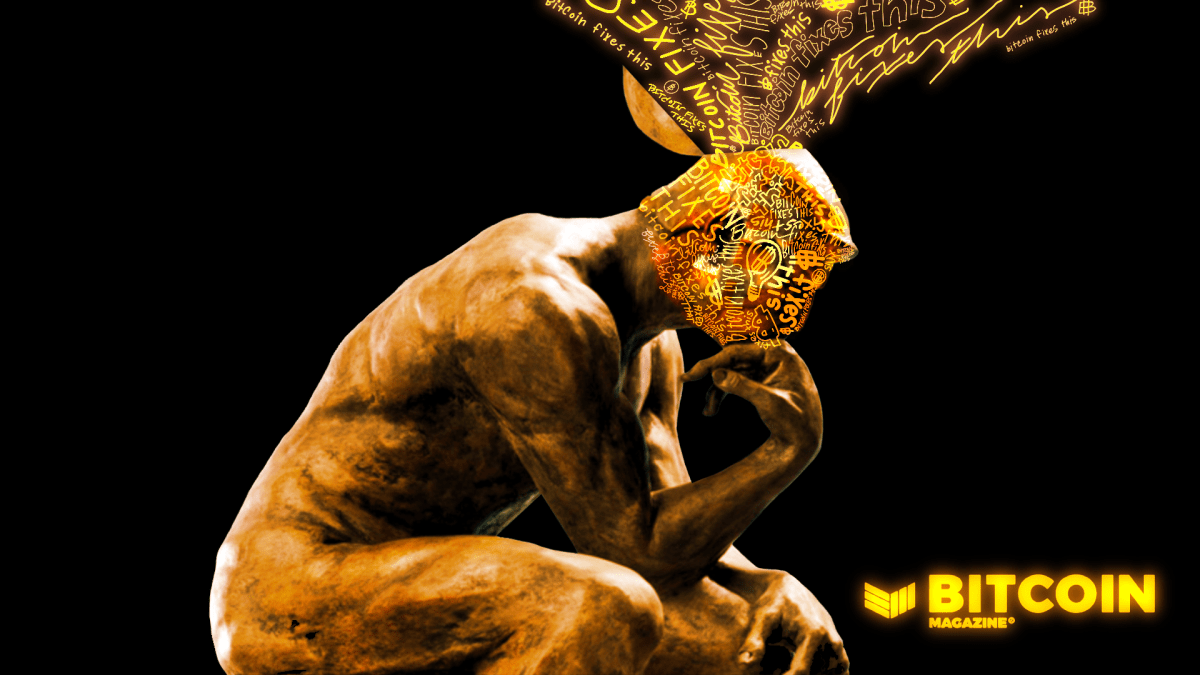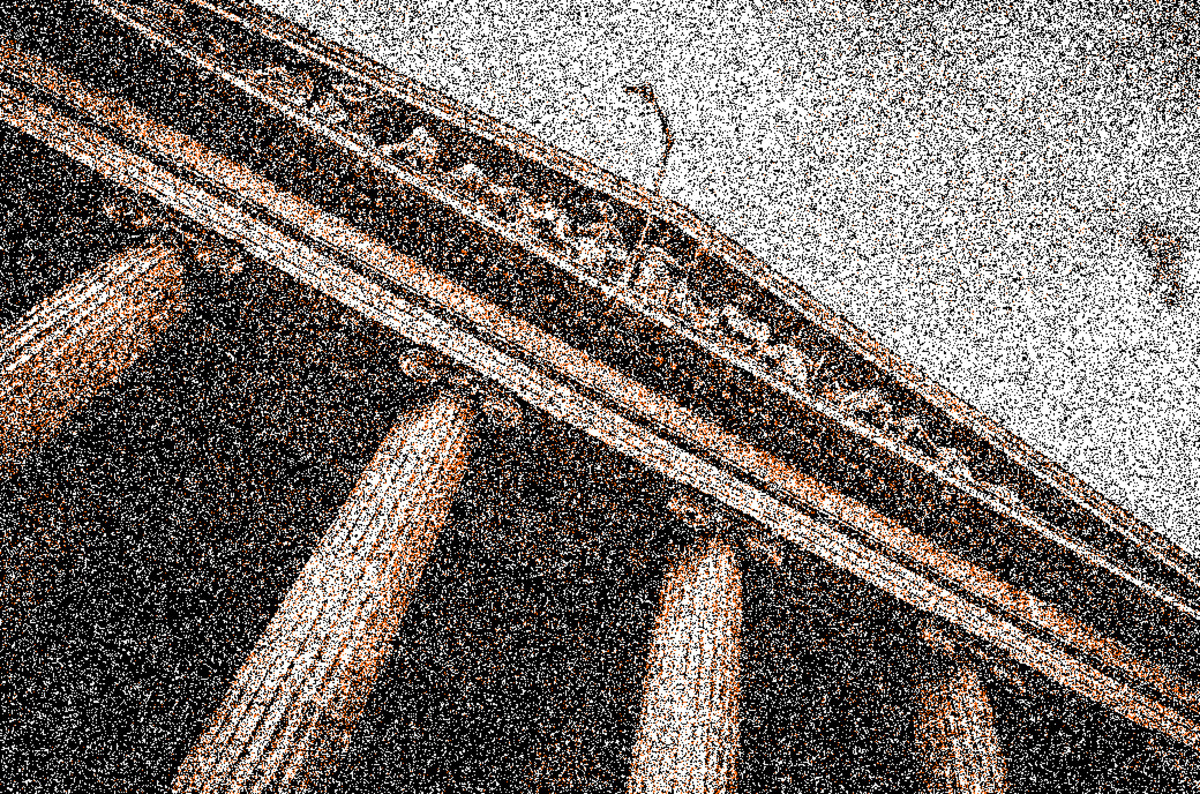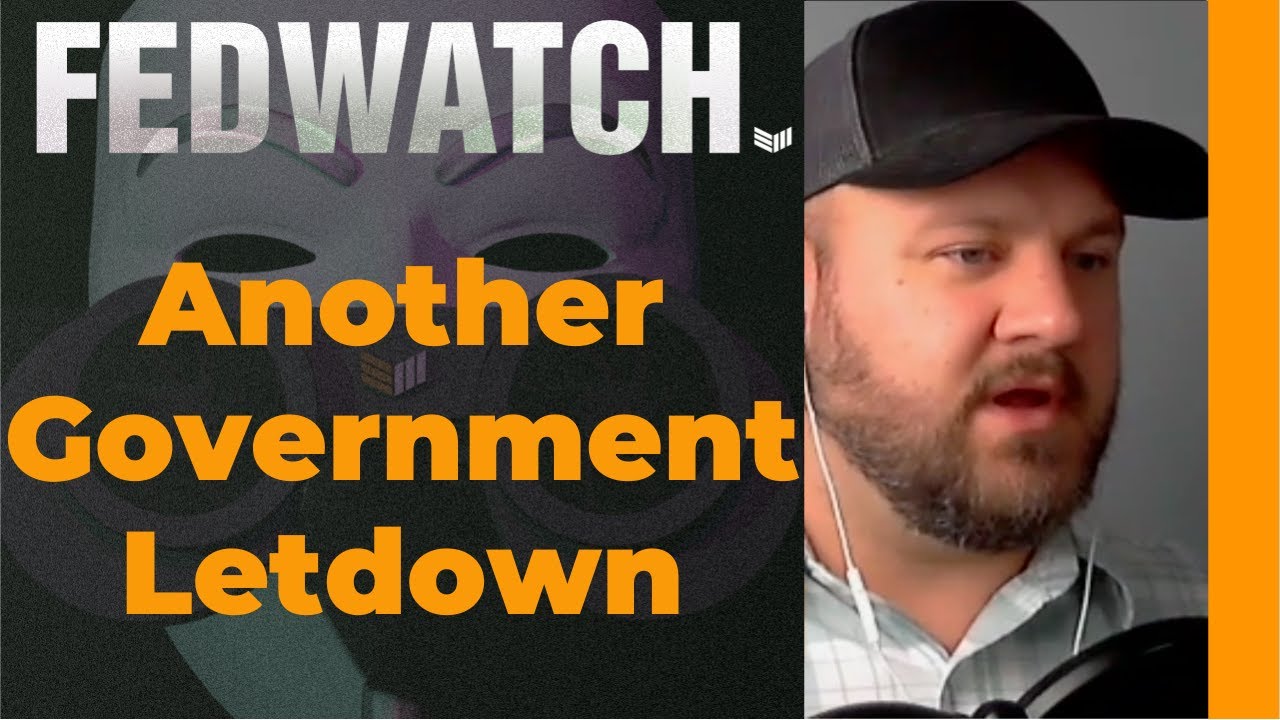How Bitcoin Can Protect Public Records With Simple Proof
Company Name: Simple Proof
Founders: Rafael Cordón and Christian Lowenthal
Date Founded: February 2023
Location of Headquarters: Guatemala
Amount of Bitcoin Held in Treasury: N/A
Number of Employees: 6
Website: https://www.simpleproof.com/
Public or Private? Private
In the age of digital records, how do we know that data has not been tampered with? Rafael (Rafa) Cordón has an answer.
In efforts to preserve the integrity of real information — especially government documents — he created Simple Proof, a company that safeguards official data via the Bitcoin blockchain.
Many came to know the company last year when it was employed to prevent fraud in Guatemala’s presidential election. However, Simple Proof’s mission is bigger than that.
“We uphold the information integrity of public records,” Cordón told Bitcoin Magazine.
“Elections are not really our focus. They were just the first use case. We’re focused on [safeguarding] public records — information that’s being produced by governments,” he added.
So, how exactly does Simple Proof uphold information integrity?
How Simple Proof Works
Simple Proof leverages Bitcoin Core developer Peter Todd’s OpenTimestamps protocol, which utilizes hash functions to timestamp information onto the immutable blockchain.
Cordón describes the process in layperson’s terms as such:
“First, we take the hash of the document, which can be thought of as the digital fingerprint. Every document has a very unique digital fingerprint, which is a string of characters.
Bitcoin transactions have space for arbitrary text, which is called the OP_RETURN function. This is analogous to when you’re writing a check, there’s a little line on the bottom right that says ‘Memo’ where you can write arbitrary text that reminds you of what this check is for. The OP_RETURN function can be thought of as a memo space within a Bitcoin transaction.
Inside this ‘Memo’ space, we include the hash, the digital fingerprint. This hash is then included in the Bitcoin transaction. When the transaction is published, it gets included in a block, and then it’s stored immutably. So, you have this digital fingerprint stored inside a Bitcoin block that lives in perpetuity.”
Cordón clarified that a hash isn’t included for each specific document but that the hash in an OP_RETURN is the “root hash” of a Merkle tree, which is a tree of hashes for multiple documents.
This way, OpenTimestamps can attest to an indefinite amount of documents with a single OP_RETURN entry. Merkle trees allow you to efficiently prove that a single piece of data was in the tree.
Keep in mind, though, that Simple Proof doesn’t ensure the authenticity of the data it helps to store on the Bitcoin blockchain. This still falls on the government or the body overseeing –say– an election.
In the case of the Guatemalan presidential election, almost 200,000 volunteers and observers from different political parties watched over the voting process in efforts to prevent fraud, the details of which are outlined in the documentary Immutable Democracy:
Who Is Using Simple Proof?
Cordón and his team are in talks with a number of different government officials and private companies that work with governments who are interested in utilizing Simple Proof.
“There are two types of customers,” explained Cordón. “One is public officials who are concerned about upholding information integrity in their institutions who could get in trouble if information in their institutions is modified without authorization, and the other is technology vendors who are hired by governments to generate or process information who have the same problem of ‘I don’t want to be accused of modifying information.’”
Simple Proof has recently secured a second customer, the identity of which Cordón did not disclose. The client has been contracted by its government to develop an application for managing public records, according to Cordón.
“They won’t be making their Verification Pages publicly accessible,” Cordón said.
“Instead, they’ll store their proofs privately, with the option to reveal them if needed to authenticate documents in the future. This approach serves as a form of digital insurance,” he added.
Cordón believes this approach of creating private, verifiable proofs will become increasingly important not just for governments but for other institutions and individuals, as well.
Regarding his work with public officials, Cordón stressed one point in particular.
“In order for Simple Proof to work, the authorities have to want [to use] it,” explained Cordón.
“That was the case in Guatemala. The authorities wanted to use it because they were concerned of being accused of election fraud,” he added.
While some may have speculated that Simple Proof could have helped prevent voting fraud in the recent Venezuelan presidential election, Cordón disagreed.
“In Venezuela, it’s very likely that the election authorities didn’t want to have transparency from the beginning,” said Cordón.
Simple Proof only works if our customers want transparency. If they don’t want transparency, they’re not going to want [our service],” he added.
Cordón went on to share that Simple Proof looks to work with officials from established democracies around the world.
“I would never want to work with an undemocratic regime,” he shared.
Advancing Simple Proof
Earlier this year, Carlos Toriello (Carliño) joined the Simple Proof team.
Toriello oversaw a vote audit of the Guatemalan presidential election, the results of which Simple Proof helped protect.
“He did the audit as a citizen, as part of a civil society movement called Digital Witness, or Fiscal Digital,” explained Cordón. “Digital Witness was taking the documents that were being published by the election officials and verifying them against Simple Proof to check that they were authentic.”
Toriello crowdsourced a team via StakWork, a chore app that allows participants to earn bitcoin for completing tasks.
Thousands of participants worked from their phones to check the records of votes versus what had been recorded to the Bitcoin blockchain via Simple Proof, earning sats for their work.
“Digital Witness confirmed that the election results were 99% accurate,” said Cordón.

Toriello is now working to have Simple Proof preserve the integrity of the results of an election in a US county.
He has been reaching out to US-based Bitcoin meetup groups, encouraging them to help their county employ Simple Proof in its next elections.
“The meetups are sort of competing to see who’s the first county in the US that implements this,” said Cordón.
As a prize, Simple Proof is willing to document the adoption of its technology in the US via a short film, like Immutable Democracy.
“We can help them document this in a good way by doing a documentary or sending a film crew to give them the opportunity to show the world that they’re the first people to do it,” said Cordón.
Beyond Simple Proof
While Cordón is happy to have created a tool to help fight disinformation, he’s also well aware that Simple Proof is just one of many defenses that we will need against it.
“We’re very concerned with the way that AI tools are evolving,” said Cordón. “We need things like Simple Proof in order to protect us against AI misinformation.”
Cordón also mentioned that government employees have to be mindful of how they produce documents and believes that digital signatures can play a role in authenticating documents as they’re published.
“We’re advising governments to at least use digital signers like YubiKey,” said Cordón. “So, when somebody scans a document, the person who controls the YubiKey should sign it to produce the signature and then it’s included into the blockchain.”
Even with technology like YubiKey, though, Cordón remains concerned.
“[There’s difficulty in] proving who generated information and whether this digital information was based on an input exclusively from the real world or whether it was based on input that was already manipulated,” explained Cordón.
“How are we gonna be able to prove that?” he asked with a stern facial expression.
“It’s an unresolved question that is going to become very important in the coming 10 years.”









